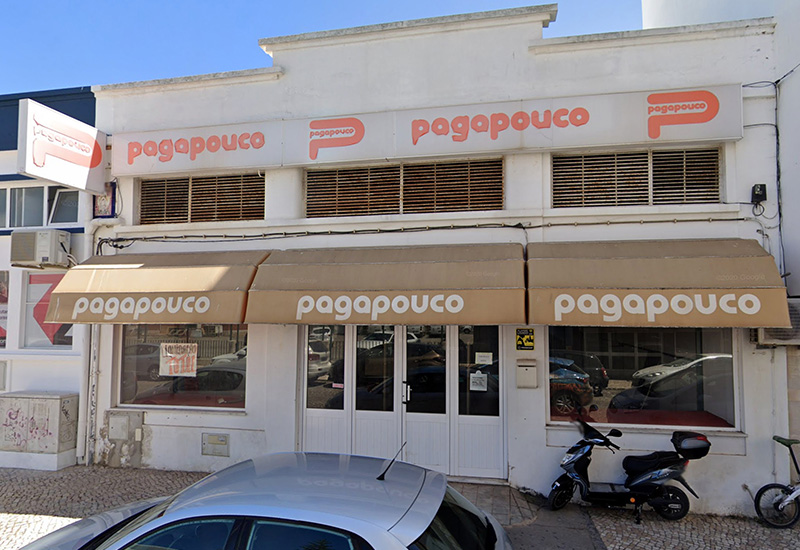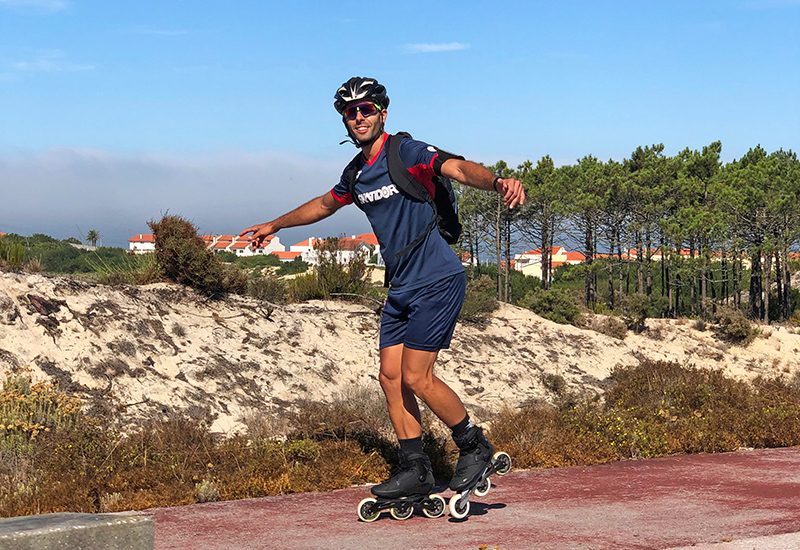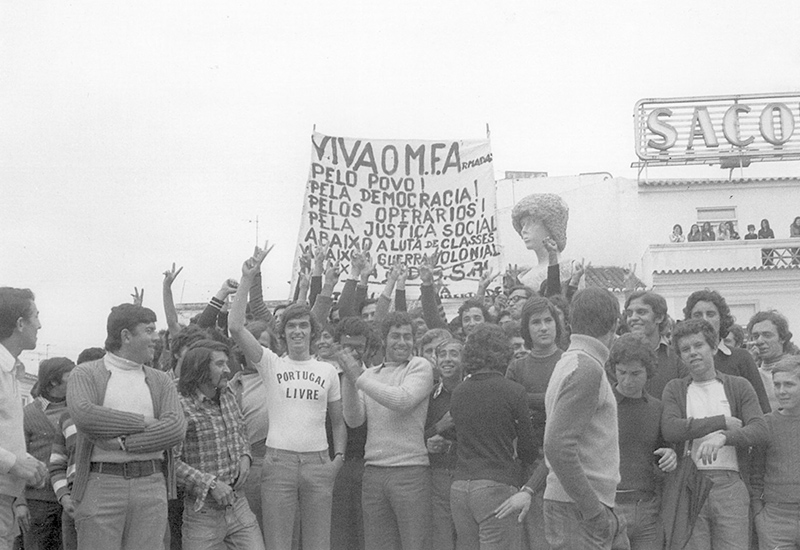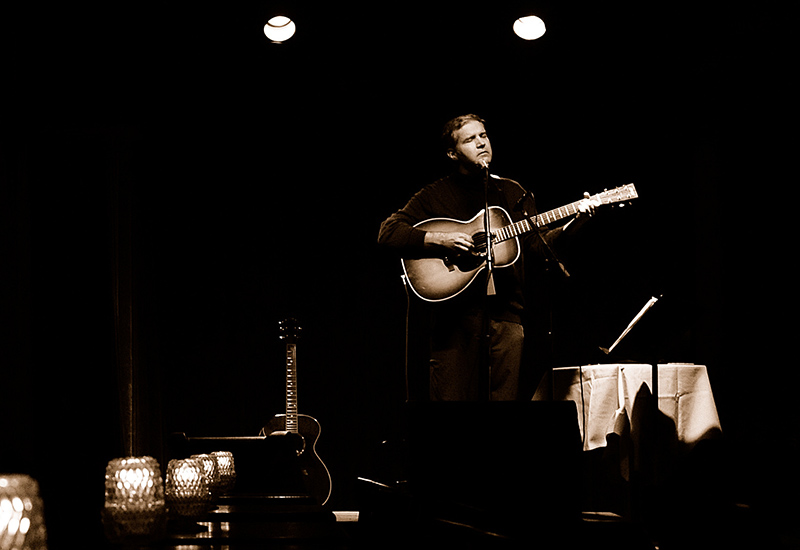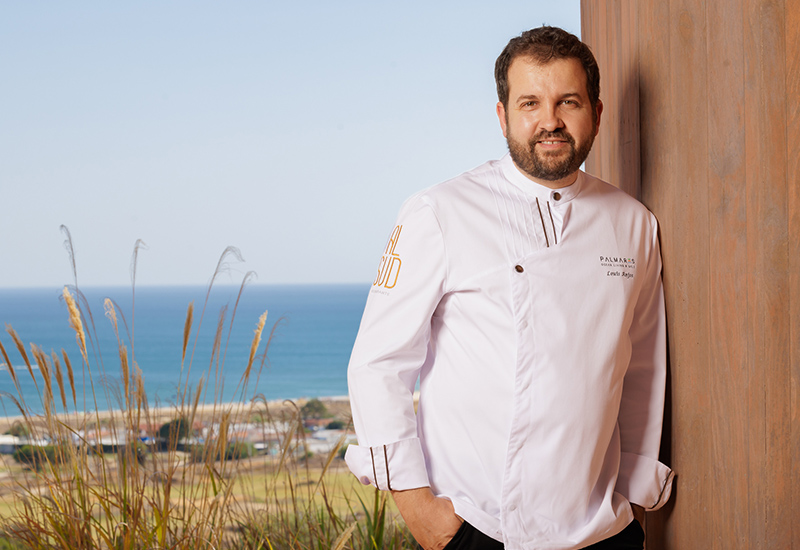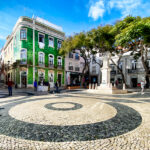Those of us who remember Portugal in the 90s will have noticed the many changes over the past twenty-three years. Portimão was a far cry from the shopping mecca it’s become today, with the Continente shopping centre (formerly Modelo) then being a relatively new addition, long before Aqua or the retail park was ever dreamt of. Shopping in the 90s was quite different to the vast array of choices that we have today, but one shop that was a firm favourite amongst Portuguese and foreign residents alike was Paga Pouco.
Known for its iconic orange logo consisting of the letter P surrounding the words Paga Pouco (which means “pay a little”), these shops offered homeware and fabrics at a very affordable price, just like it said on the tin. They were the go-to place for anyone looking to pick up a bargain or, in my parents’ case, a place to quickly furnish a newly built home with all the daily essentials. I still have a blanket chest in my hallway, which my parents brought in Paga Pouco in Portimão back in circa 1995 and it continues to serve its purpose to this day.
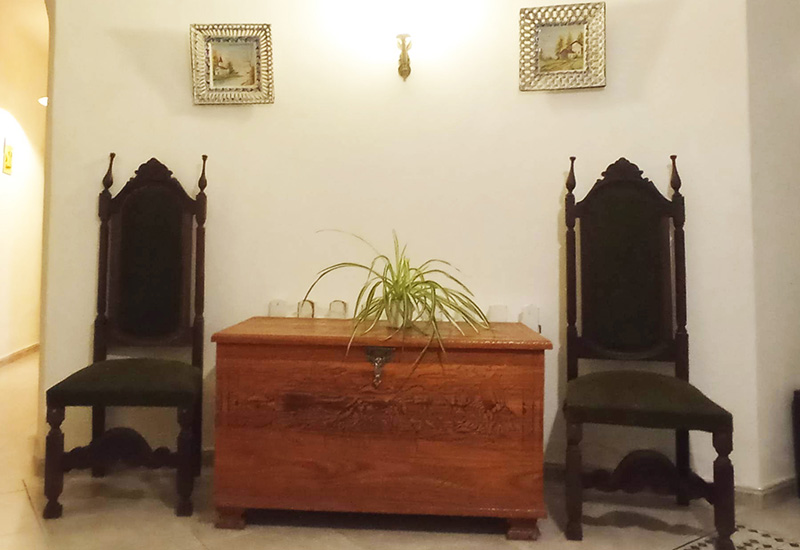
Although many Paga Pouco stores were dotted across the country, in the Algarve, there were only two – one in Portimão and another in Olhão. No matter what one needed, Paga Pouco probably had it, whether you were looking for a set of cutlery, cups and saucers, curtains and bedding or even furniture, which became the shops’ main product in its later days. Some may say that Paga Pouco was somewhat of a godsend for those on lower wages, but it’s likely most people at the time had popped into the shop at some point in their lives.
Mostly selling cheaper items imported from China, it was Paga Pouco’s textiles which brought people to the shop. The elderly would gather to buy yarn for knitting, maybe even a couple of metres of fabric to make a new tablecloth. I remember my mother buying a whole roll of material to make some curtains to dress the bedroom windows. You could say it was on a par with Britain’s former Woolworths chain, and the phrase “Paga Pouco probably has it” was often heard in the community.
Whilst Paga Pouco was well known, there were a great deal of similar albeit smaller shops selling household products which gained the nickname “lojas dos 300” (three-hundred shops). The Portuguese slang term referred to such shops selling products for three-hundred escudos or less. When Portugal joined the EuroZone in 1999 and introduced the euro as the single currency, the phrase “lojas dos 300” lost its meaning, although the slang term was often used to describe a shop selling cheap items regardless.
The 90s offered a unique challenge for those driving across Europe. The ever-changing currency and even encountering a different language when one would cross the next border would always be entertaining, with many often returning home with a jar full of French francs, Spanish pesetas and, of course, Portuguese escudos – often pronounced as “schuds” to the untrained ear.
I vividly remember frantically walking around Portimão as a child. My father was looking for a shop to spend the last of his escudos before they became obsolete. It happened to be Paga Pouco that was one of the few shops which still accepted escudos at that time. Although I’m sure, there’s still some coinage and the odd banknote in the kitchen drawer somewhere along with a few pesetas and French francs. I often have a giggle to myself when talking to friends about the old escudo as some of them weren’t even born when the currency was replaced with the euro.
Over time, due to the decline in their popularity, the end of the escudo, and in some respects the 2008 financial crisis, the old 300 shops slowly closed their doors for good as eventually did Paga Pouco, which ended its days solely as a textile shop located on Rua José António Marques in Portimão. But it wasn’t long before a replacement was found when Chinese immigrants, during the early 2000s, opened up the Chinese shops which we know today. Often referred to as “lojas dos chinos” or “Chinese shops”, they take on a similar role to our beloved Paga Pouco and the former 300 shops but on a much larger scale. Whilst we can now find anything from a twenty-way USB plug to a singing children’s toy that would drive even the most mentally stable to drink, I still look back at Paga Pouco with fondness, maybe not so much for its products but for its link with my childhood memories.
Some shops still retain the name “Paga Pouco” for their inexpensive stock, but they’re not the same as the ones I remembered as a kid. There’s even an old Paga Pouco sign for sale on Olx (Portugal’s equivalent to GumTree) if anyone’s interested. You could say it’s a sign of the times.
Min image: Closed Paga Pouco shop in Portimão Photo © Google Maps
